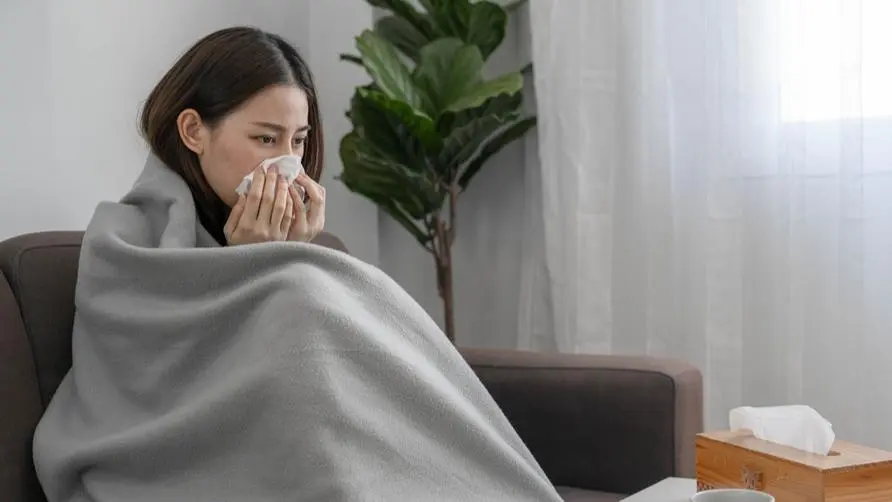Working overtime is not only inefficient but also makes people "stupid"? Research confirms: memory and execution ability are worse than those who do not work overtime

It is often said that working overtime can lead to liver damage, but in fact, overtime work, shifts, or night shifts and other working methods that affect the circadian rhythm may be more “brain-burning” than liver damage! A recent study published in “PLOS ONE” pointed out that workers who work evening shifts, long night shifts, or workers who need to work shifts are more likely to suffer from “cognitive impairment” than those who work day shifts, including indicators of memory function, executive function, etc. Downtrend.
Is working overtime not only harmful to the liver but also “burning the brain”? Research: Memory and execution skills are worse than those who do not work overtime
York University in Canada used data from the Canadian Longitudinal Study on Aging to analyze 47,811 middle-aged and elderly people aged between 45-85 years old. The research team first investigated whether the subjects had been exposed to shift work; if they had been exposed, they further asked about their longest working hours or their current position. The results showed that approximately one fifth of the subjects had experienced some form of shift work during their employment.
Subjects completed four cognitive function tests to determine their memory and executive functions. After adjusting for variables such as age, gender, and education, the research team found that compared with day shift workers, night workers (including those who work overtime, evening shifts, night shifts, and shift shifts) do have a downward trend in cognitive function. , among which long-term night shift work is related to memory dysfunction; while impairment of executive functions is related to current shift work and long-term shift workers.
Studies have also found that non-white workers or workers with depression, as well as smokers and obese people, have significantly higher memory and executive dysfunction. However, being older or working with a higher income was not significantly associated with the occurrence of cognitive impairment. Still, the research team didn’t assess the subjects’ job type, number of consecutive night shifts, or number of days off between shifts, so it’s impossible to determine whether those factors would have changed the study results.
Why are night shifts and shifts so harmful to the brain? Experts point out that disruption of “circadian rhythm” may be the main cause
Durdana Khan, the author of the study, said that the potential reason for this result may be that night shift can lead to repeated disruption of “circadian rhythm”, which can lead to sleep deprivation, daytime sleepiness, and even brain inflammation, thereby affecting cognitive ability. Additionally, circadian rhythm disruption may lead to physiological stress and elevated cortisol levels, which may have consequences for brain function.
Khan added that circadian rhythm disruption has also been linked to neurodegenerative diseases. To elucidate the reasons behind the findings, more investigations and trials are needed to better understand how night shift work affects the brain and the potential relationship between night shift work and cognitive decline.
The health of shift workers is more likely to be a red light! Pay attention to the risks of cardiovascular disease and obesity
In fact, it is not just a matter of cognitive dysfunction. Many studies have also pointed out that night shift workers may have an increased risk of various diseases compared to day shift workers. For example, a study published in “Scientific Reports” concluded that working night shifts more than five times a month, or more than three consecutive times, is related to an increase in body mass index (BMI) and waist circumference; it was also found that night shifts can affect the production of white blood cells and lead to impaired immune function. .
In addition, literature published in the “British Medical Journal” (BMJ) also stated that night shift rotation has a significant impact on the physical and mental health of medical staff, among which the decline in sleep quality and the interruption of social behavior are the most obvious. Research by “JAMA Network” shows that nurses who have worked night shifts for more than 10 years have a 20% lower chance of “healthy aging” in the future, which greatly affects their physical condition in old age.
Finally, working overtime at night may increase the risk of cardiovascular disease. The World Health Organization (WHO) and the International Labor Organization (ILO) published a study in the journal Science Direct, showing that compared with workers who work 35-40 hours a week, the risk of workers working 55 hours a week increases by 35%. , the chance of suffering from heart disease is also increased by 17%, and there may also be a potential risk of high blood pressure.
The WHO stated that although working patterns such as overtime, shifts or night shifts are unavoidable, while working hard, you must also ensure your health, which should be the first priority in daily life; when sacrificing health for work If you are in good health, you may not be able to save it no matter how much money you make.
source:
Rotating Night Shift Work and Healthy Aging After 24 Years of Follow-up in the Nurses’ Health Study
The association between shift work exposure and cognitive impairment among middle-aged and older adults: Results from the Canadian Longitudinal Study on Aging (CLSA)





